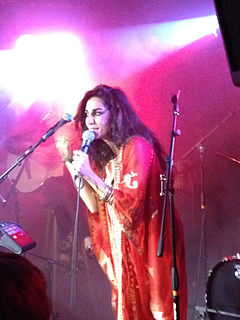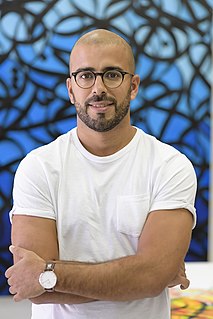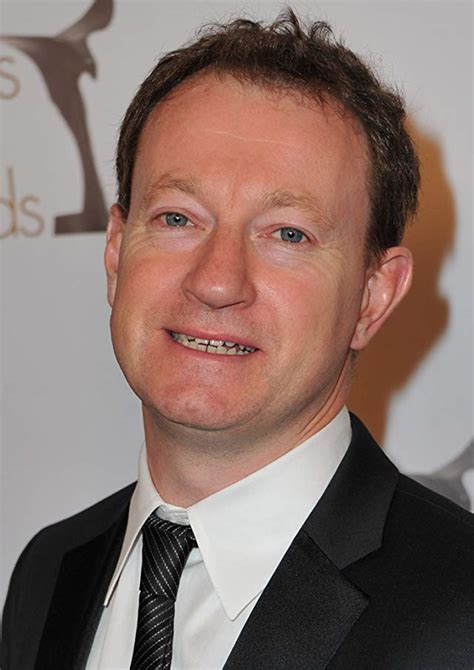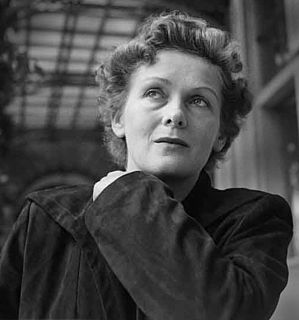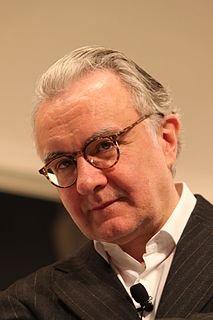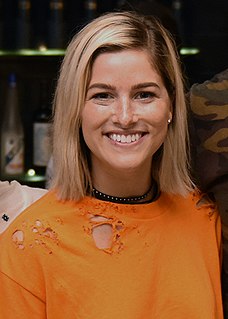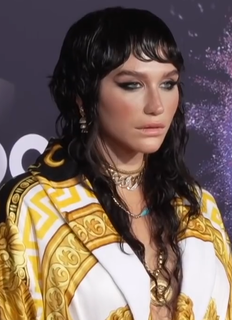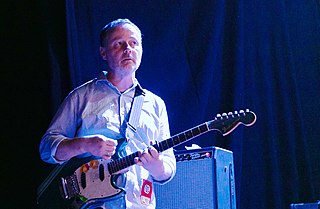A Quote by Yasmine Hamdan
When I started, I didn't know how to sing in Arabic - it's a very complex and sophisticated music full of codes and modes and quarter-tones.
Related Quotes
I couldn't know about my culture, my history, without learning the language, so I started learning Arabic - reading, writing. I used to speak Arabic before that, but Tunisian Arabic dialect. Step by step, I discovered calligraphy. I painted before and I just brought the calligraphy into my artwork. That's how everything started. The funny thing is the fact that going back to my roots made me feel French.
I actually started singing country music at 4 years old, right when I started learning how to sing. I would cover a lot of Martina McBride, LeAnn Rimes, Trisha Yearwood, that kind of stuff, and it just feels very authentic to me. It's always been there through the years. Even when I was in my band, I still listened to country.
... each of the 24 modes in the Ramanujan function corresponds to a physical vibration of a string. Whenever the string executes its complex motions in space-time by splitting and recombining, a large number of highly sophisticated mathematical identities must be satisfied. These are precisely the mathematical identities discovered by Ramanujan.
Consonance, says the dictionary, is the combination of several tones into a harmonic unit. Dissonance results from the deranging of this harmony by the addition of tones foreign to it. One must admit that all this is not clear. Ever since it appeared in our vocabulary, the word 'dissonance' has carried with it a certain odor of sinfulness. Let us light our lantern: in textbook language, dissonance is an element of transition, a complex or interval of tones that is not complete in itself and that must be resolved to the ear's satisfaction into a perfect consonance.
To be very fair, it was Ian Marsh and Martyn Ware who started The Human League. They brought Philip Oakey in to sing, primarily because Philip was very tall. So it started out as their vision. I don't think anyone ever thought it would be as big as it became. Music evolves and people were looking for something different. We came out at the right time and were just very lucky.
